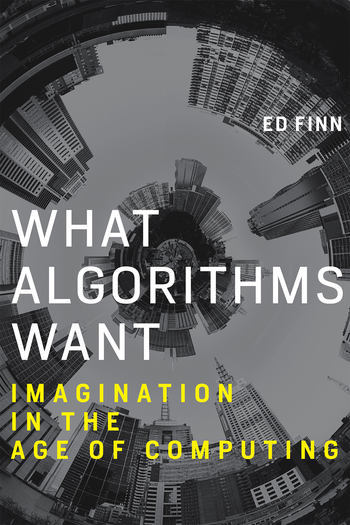What do you think?
Rate this book


272 pages, Hardcover
First published February 17, 2017
The pragmatic definition lays bare the essential politics of the algorithm, its transparent complicity in the ideology of instrumental reason
What are the truth claims underlying the engineer's problems and solutions, or the philosophy undergirding the technological magic of sorcery?
this notion of the organism as message reframes biology (and the human) to exist at least aspirationally within the boundary of effective computability
This fundamental alchemy, the mysterious fungibility of sorcery, reinforces a reading of the Turing machine as an ur-algorithm that has been churning out effective computability abstractions in the minds of its "users" for eighty years. The "thing" that software has become is the cultural figure of the algorithm: instantiated metaphors for effective procedures.
The algorithm is not a space where the material and symbolic orders are contested, but rather a magical or alchemical realm where they operate in productive indeterminacy.
In this light, computation is a universal solvent precisely because it is both metaphor and machine.
The algorithm of the progress bar depends not only on the code generating it but the cultural calculus of waiting itself
And the first tool, the ur-process, is the intersubjective culture machine of language.
It is rooted in computer science but it serves as a prism for a much broader array of cultural, philosophical, mathematical, and imaginative grammars.